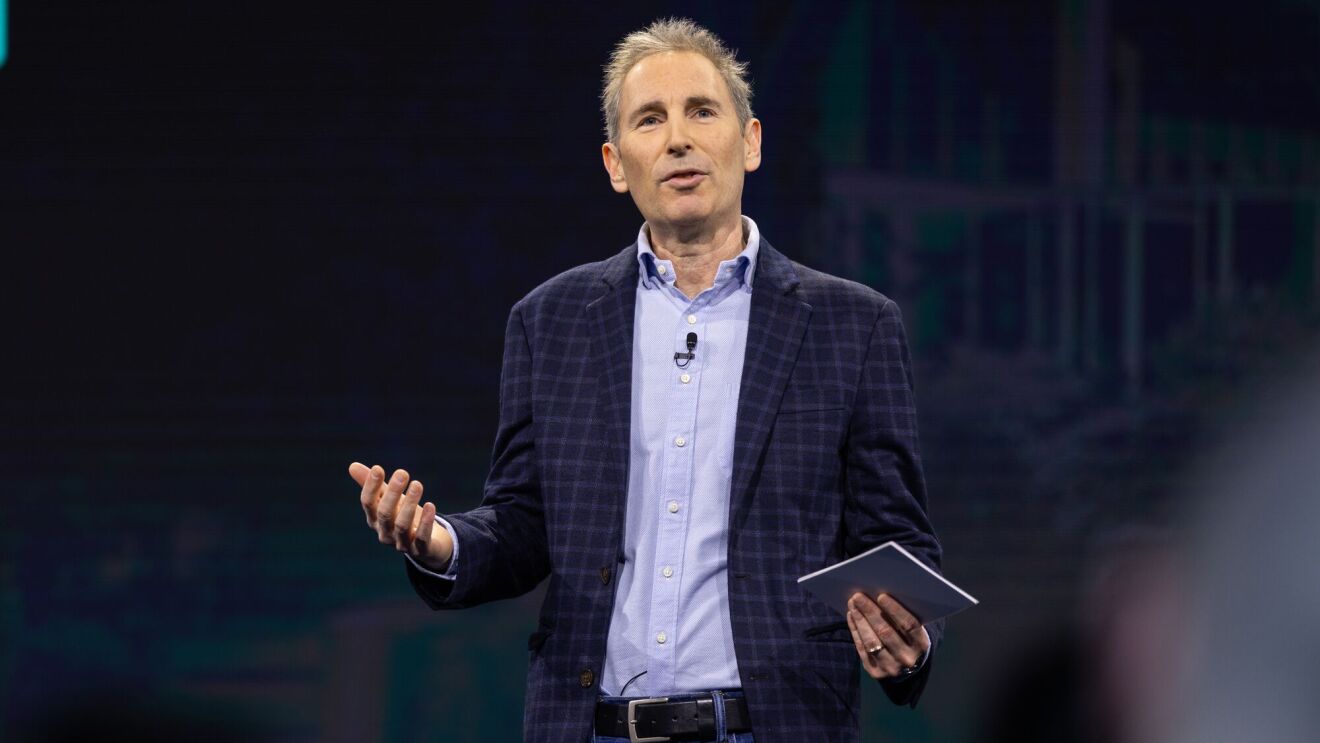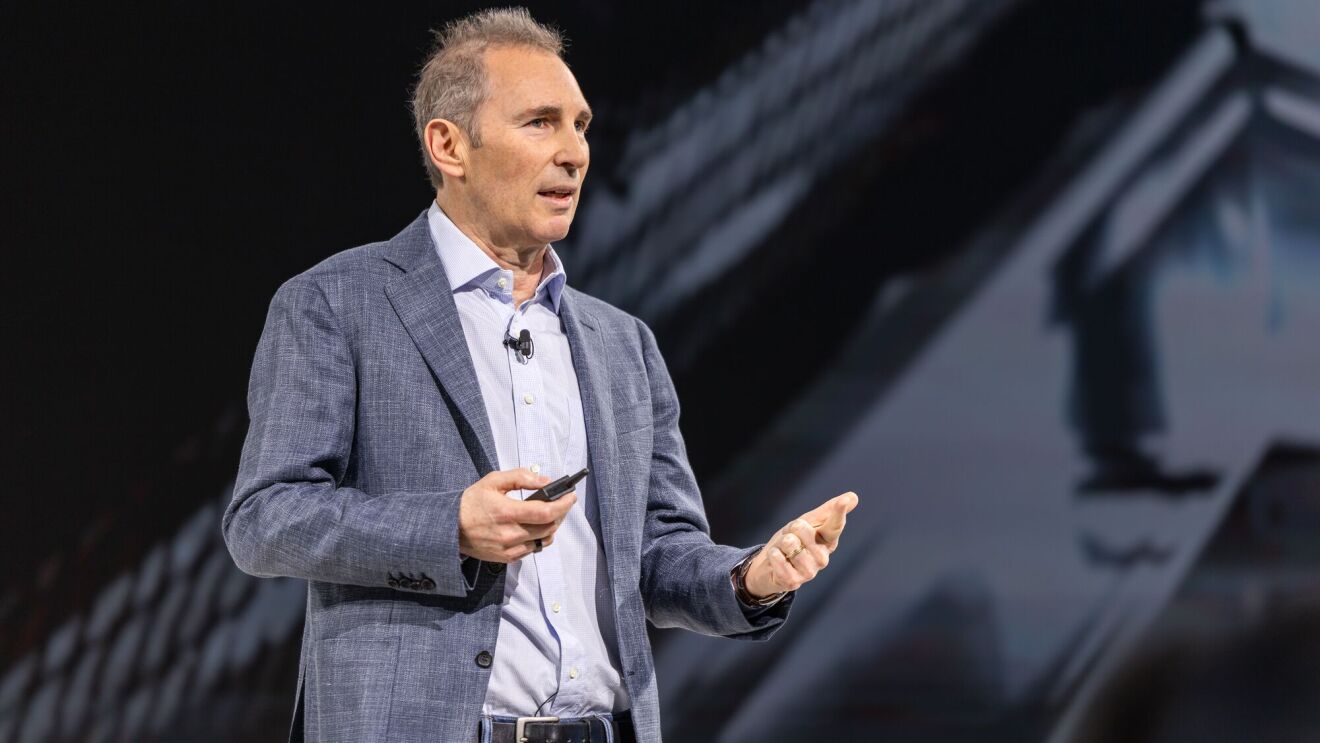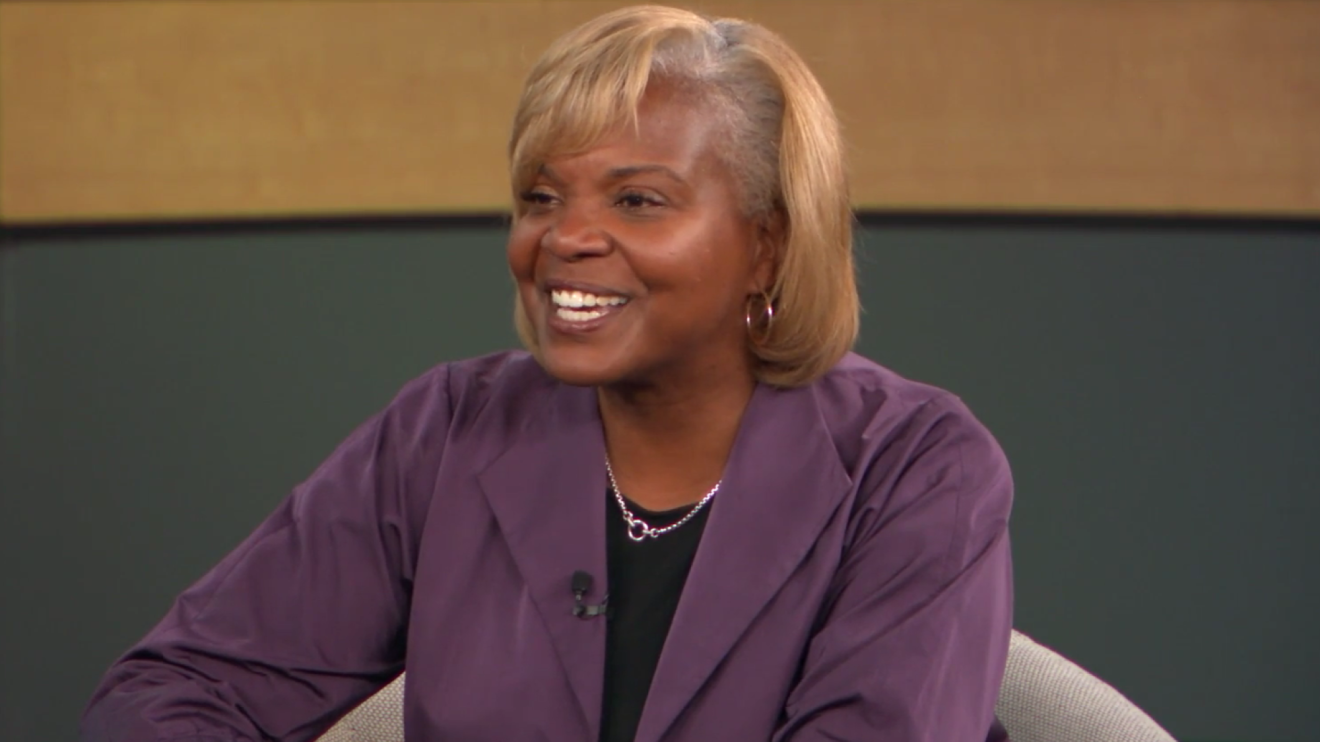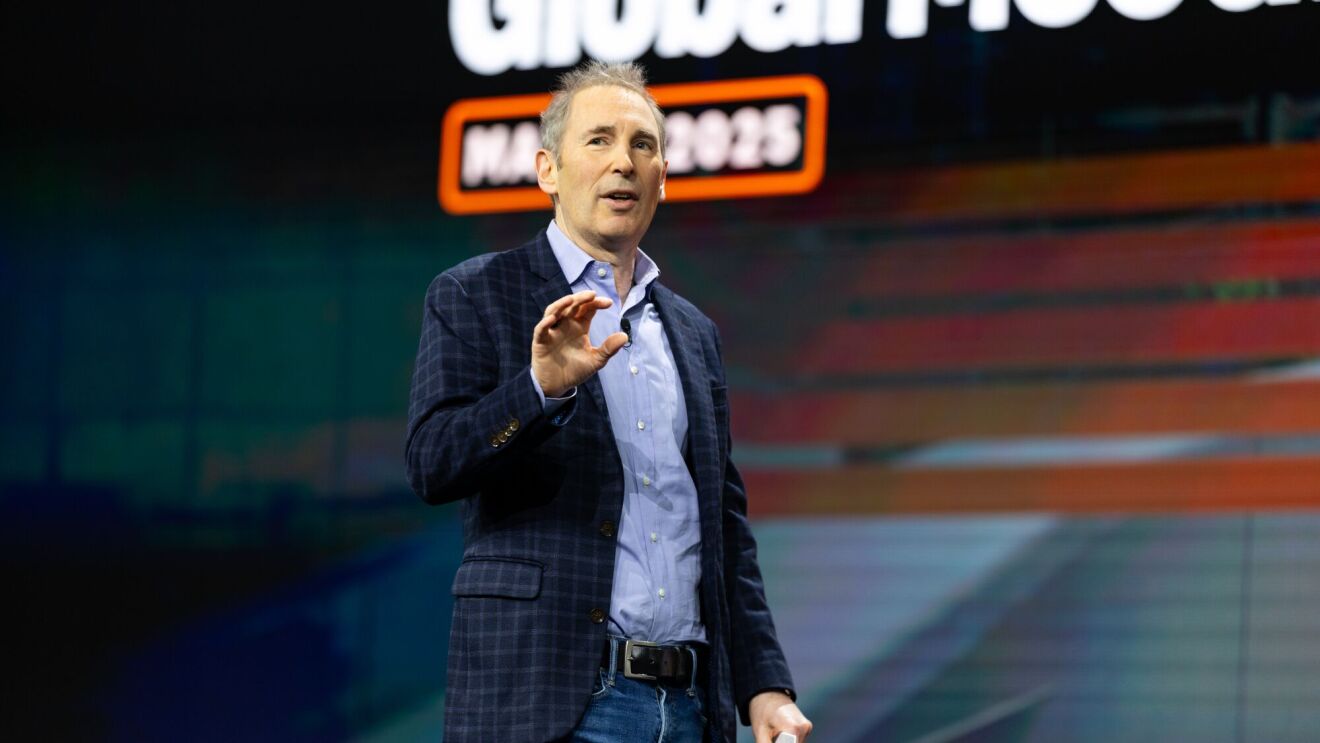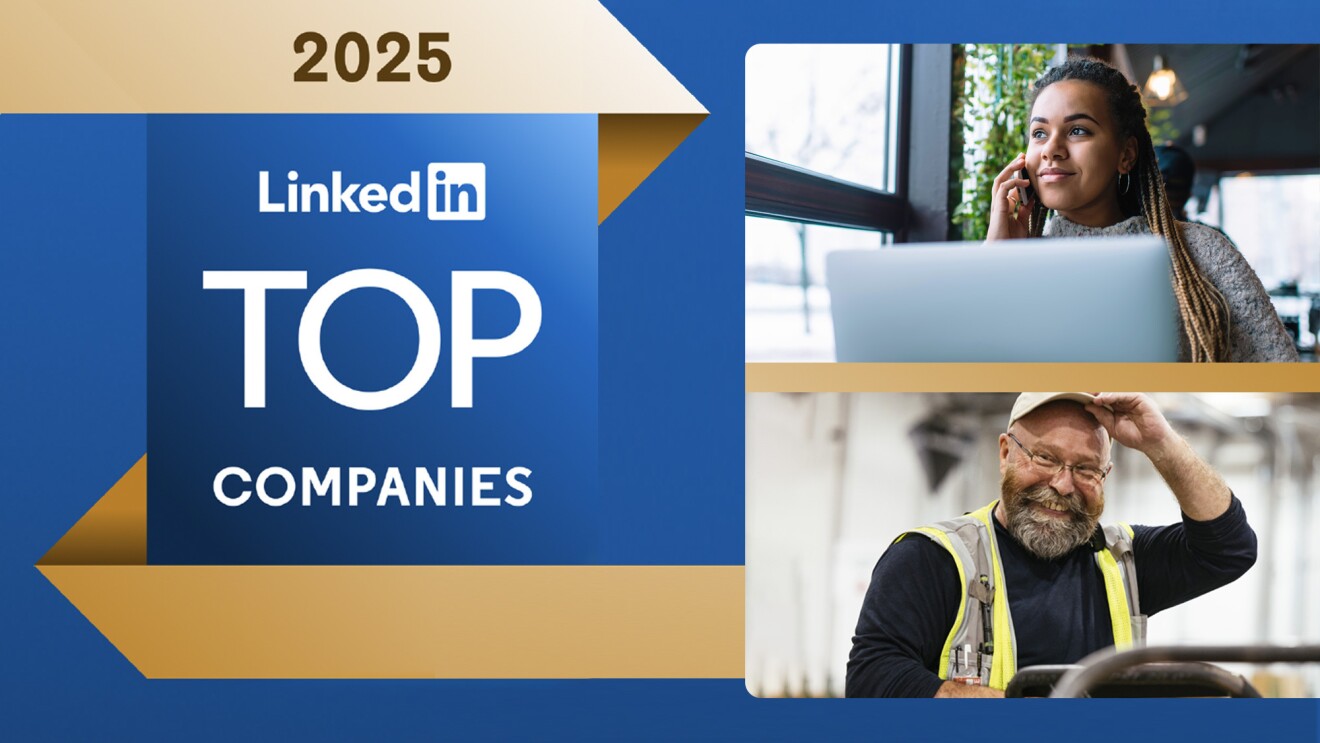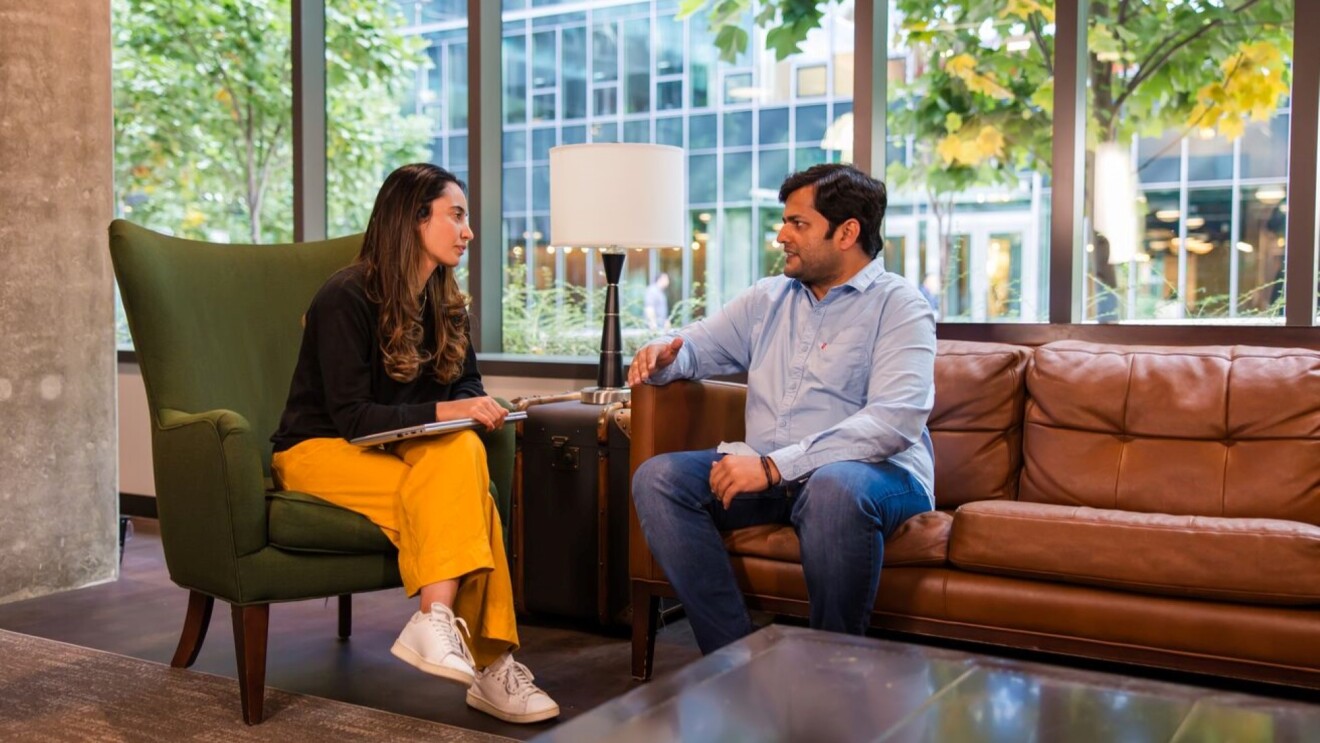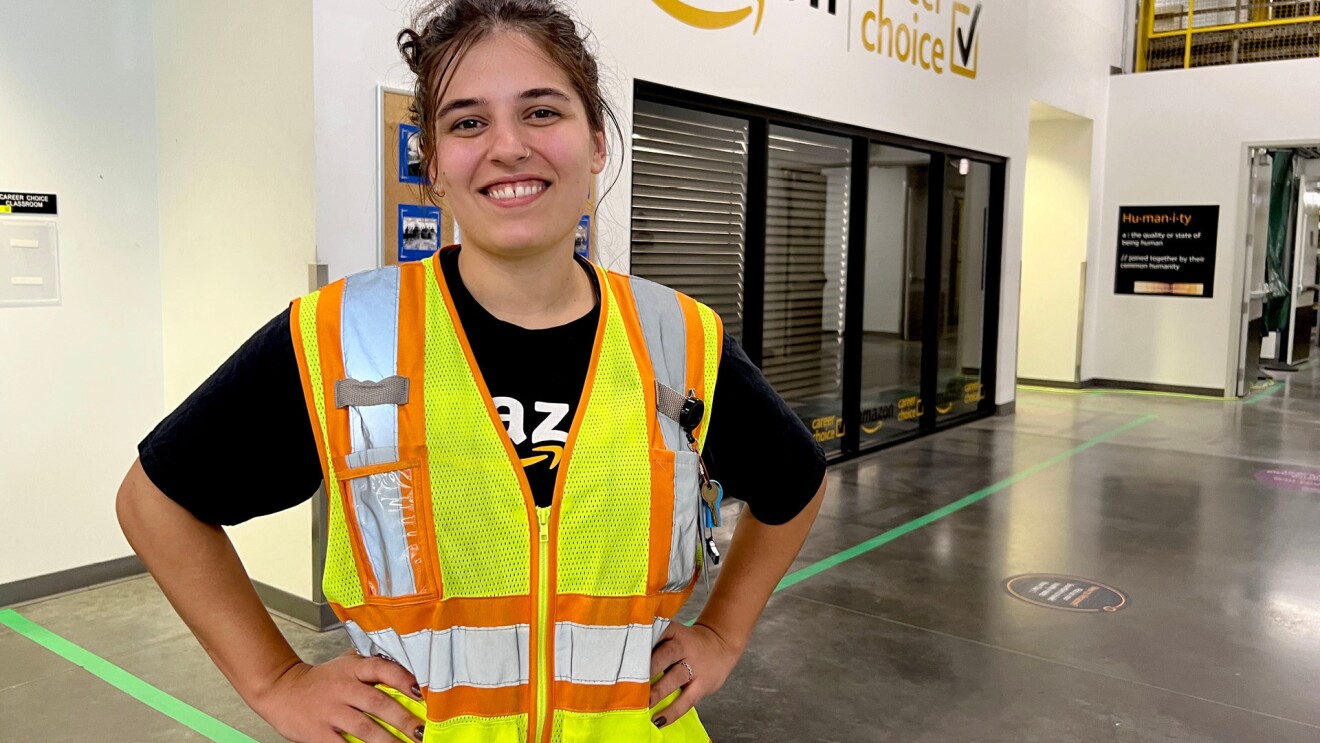Fortune published its list of the World’s Most Admired Companies with Amazon at No. 2—the sixth year in a row we’ve received that ranking. The World’s Most Admired list is based on a comprehensive survey of thought leaders and evaluates the corporate reputation of large companies based on factors such as quality of management and products, commitment to social responsibility, and ability to attract talent.
Over the past year, as the COVID-19 pandemic has continued, we’ve worked particularly hard to keep employees safe, provide a great workplace with growth opportunities, deliver and innovate for customers, support our local communities, and protect the planet. Below are just a few of the ways we did that in 2021:
Being a good employer
Amazon has created more than 600,000 full- and part-time jobs in the U.S. since the start of the pandemic, and our average starting wage now sits at over $18 an hour—more than double the federal minimum wage of $7.25. Amazon also offers comprehensive benefits that start on an employee’s first day on the job, including health insurance, 401(k), parental leave, and other resources to improve health and well-being. Over the past two years, Amazon has spent more than $15 billion across our global fulfillment network to help keep our employees safe and deliver for customers. This includes things like implementing social distancing measures and making direct investments in employee safety.
We also launched the Amazon Returnship program to help experienced corporate professionals who have been out of work for an extended period of time return to the workforce, while Amazon’s Career Choice program started to offer fully funded tuition opportunities, including bachelor's degree, high school diploma, GED, and ESL programs.
Investing and innovating for our customers
We’ve worked hard to deliver for customers during the pandemic. We anticipated potential supply chain disruptions early on and have invested in our operations network to help ensure we could meet customer demand. We’ve also continued to invent for sellers, providing them new tools that help them expand product selection and provide low prices and convenience for customers. In the past year, we invested billions of dollars in logistics, teams, services, programs, training, and tools like Fulfillment by Amazon, Brand Follow, and Stores that allow sellers to connect their brands directly to millions of customers.
We are continuing to invent for customer in a range of new ways. The , Diagnostics, and Amazon Pharmacy teams each launched new services or products aimed at creating the experience customers deserve in health care, one that offers the benefits and service promises customers expect from Amazon. In addition, Amazon expanded its Climate Pledge Friendly selections to include more than 200,000 products, making it easier for customers to shop for sustainable products, in response to the growing demand for products and services that help reduce carbon emissions. Amazon also continued to make progress on its plans for Project Kuiper, a low Earth orbit satellite constellation that will increase broadband access for unserved and underserved communities, including a partnership with Verizon.
Supporting communities
Amazon works to support communities in a range of ways, from long-term education to immediate needs. For example, Amazon Future Engineer provides children and young adults from underrepresented and underserved communities access to computer science and education in the fields of science, technology, engineering, and math (or STEM). Amazon addresses immediate needs such as reducing family hunger and homelessness, providing affordable housing, and serving communities in need following natural disasters.
In the past year, we launched a more than $2 billion Amazon Housing Equity Fund to preserve and create inclusive affordable housing through low-rate loans and grants to housing partners, traditional and non-traditional public agencies, and minority-led organizations. As part of the Amazon Housing Equity Fund, Amazon committed $21 million to social impact and economic justice groups to support real estate developers of color with training, mentorship, and capital to focus on affordable housing and inclusive community building in Washington state’s Puget Sound region, Northern Virginia, and Nashville.
We also launched our first Disaster Relief Hub in an Atlanta fulfillment center to help relief organizations respond more quickly to natural disasters in the U.S., the Caribbean, and Central America. Since the first wave of the pandemic, Amazon has also donated its logistics network to support food banks and community organizations, delivering groceries and pre-packaged meals directly to vulnerable families and those disproportionately impacted by COVID-19. Deliveries now total more than 20 million meals in more than 25 U.S. cities.
Protecting the planet
Amazon continues to invest to support The Climate Pledge, the company's commitment to achieve net zero carbon by 2040, 10 years ahead of the Paris Climate Agreement. As the world’s largest corporate buyer of renewable energy, Amazon announced dozens of new renewable energy projects in the past year and now has 274 projects globally—enough to power more than 3 million U.S. homes. Amazon is on a path to power its operations with 100% renewable energy by 2025—five years earlier than the original target of 2030.
Along with Amazon, 217 companies have now signed The Climate Pledge. Combined, Climate Pledge signatories generate over $1.8 trillion in global annual revenues and have more than 7 million employees across 26 industries in 21 countries. Climate Pledge signatories are expected to collectively mitigate 1.98 billion metric tons of carbon emissions from a 2020 baseline. This is equivalent to 5.4% of current global annual emissions—demonstrating the collective impact The Climate Pledge is expected to have in addressing climate change and prompting more action to tackle the climate crisis.
Trending news and stories



